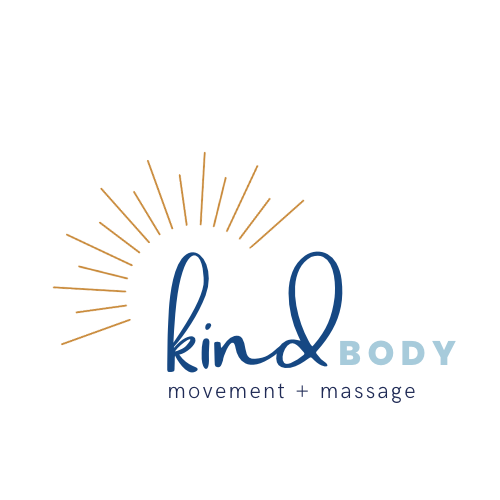Self-Care Defined
Introducing the Self-Care Pyramid:
Accessible Ideas for Self-Care and Community Care
Part 1 of 5
You’ve probably heard that you need to practice self-care.
When you think of self-care, what comes to mind?
As a massage therapist, one of the most common things I hear self-care equated with is massage.
Yes, that’s true—but it’s so much more than that.
Just look at the words within the word. Self-care is taking care of yourself.
Self-care recognizes that despite a desire to continue developing and growing as a person, you are already deserving of kindness, compassion, and care just as you are right now.
According to this definition, even simple things like taking a shower and brushing your teeth could be considered self-care.
Shouldn’t self-care be…fancier?
I have seen on social media that some people say self-care is not the same thing as personal hygiene—that it should be more than that. I once read a blog post (which has since been taken down) that said that taking a shower is not self-care, it’s just being human.
Well, the last time I checked, showering isn’t what makes us human. Instead, kindness and compassion are more in a line with our defining human characteristics.
So why not engage our humanity and start practicing those things with ourselves first?
Self-care for all!
The idea that self-care should be more than just basic hygiene is inherently entitled and restrictive. For many people at many points in our lives, spa days are simply out of the question.
I think of my postpartum period after having my second child. Maintaining my basic hygiene felt like a never ending uphill battle. I had to fight for time to brush my teeth.
At that point in my life, the ability to schedule a spa day or even just a massage felt so far out of reach. And I’m not just talking about logistical reach (scheduling, finding a babysitter, etc); I’m also talking about financial reach. I was on maternity leave (unpaid because I’m self-employed) and money was tight.
Especially in light of how the pandemic has destabilized the economy and challenged people’s sense of financial security—if you’re concerned about paying your water bill, how could you possibly afford a massage?
When we define self-care as paying other people to take care of us, we restrict access to self-care for those who do not have the means to do so.
In my opinion, self-care is a much broader concept and encompasses so many more activities and forms of care. I like this Self-Care Wheel because it includes a number of activities, many of which are free.
I wanted to go a step farther, though, so I created this model, The Self-Care Pyramid, based off of Maslow’s Hierarchy of Needs.
After all, a huge part of taking care of ourselves is meeting our needs. In addition, when you’re worried about your basic survival, you’re simply unable to devote the time, energy, and resources necessary to practice self-care on many other levels.
Receiving a professional massage could certainly fit in at many levels of this pyramid, depending on who you are and what resources you have.
One drawback to this model is that it’s linear. I made it this way because linear thinking is accessible to many people and can help us get on the same page quickly.
In reality, it’s a little messier than that. You might be hanging out at different parts of the pyramid at the same time. You might be traveling up and down and circling back around.
Stay tuned for more…
So, keeping that inconsistency in mind, we’ll take a closer look at this Self-Care Pyramid in the coming weeks. I’ll break down each level of the pyramid and offer suggestions for corresponding self-care activities. My goal is to offer as many free or low-cost ideas as possible because I believe in self-care for all.






